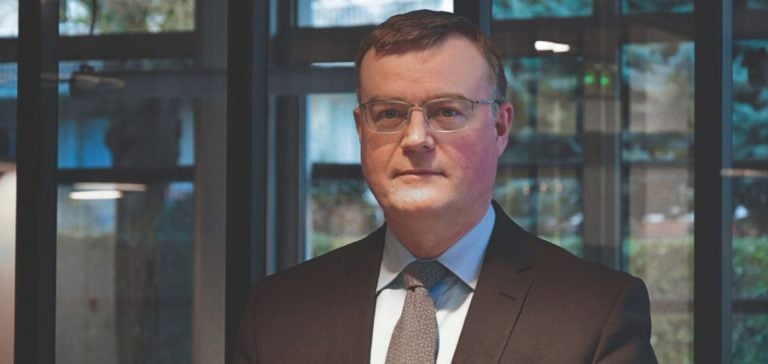The parliamentary approval of Pierre-Marie Abadie to head the future Nuclear Safety and Radiation Protection Authority (ASNR), scheduled for January 1, 2025, was marked by reservations expressed by several lawmakers. Abadie, Director General of the National Agency for Radioactive Waste Management (Andra), received 44 votes in favor and 17 against, with 25 abstentions recorded during the committee votes in both chambers.
Moral conflict raised by his current role
The main sticking point raised by lawmakers concerns Abadie’s current role at Andra, which oversees the controversial Cigéo project for the deep burial of radioactive waste in Bure. This project is currently under review by the Nuclear Safety Authority (ASN), raising concerns about a potential conflict of interest if Abadie becomes the regulator as president of the ASNR.
However, Abadie reassured lawmakers by stating that he would recuse himself from the Cigéo dossier upon assuming his new role, and for the entirety of his six-year mandate. He also clarified that he would not participate in any decisions related to Andra during this period.
Controversial creation of the ASNR
The future ASNR, which will merge the current ASN with the Institute for Radiation Protection and Nuclear Safety (IRSN), has been criticized since its announcement. Initiated by the French presidency and enacted into law in May 2024, the merger aims to streamline decision-making processes related to nuclear challenges in France. However, it has faced strong opposition from unions and associations, who fear for the transparency and independence of the new authority.
The bill sparked heated debates in Parliament, particularly regarding the risk of concentrating power, which could undermine the separation between scientific expertise and political decision-making in nuclear safety matters.
A tight timeline for implementation
With the ASNR set to launch on January 1, 2025, the timeline for its establishment has been described as “tight” by Bernard Doroszczuk, the outgoing president of the ASN. He mentioned ongoing uncertainties, including a budget shortfall of 37 million euros, which could jeopardize the smooth operation of the new institution.
Pierre-Marie Abadie reaffirmed his commitment to meeting the tight schedule and ensuring that the ASNR fulfills its duties from day one of 2025. “There will be no degraded safety operations,” he promised lawmakers.
An appointment welcomed by some, criticized by others
Pierre-Marie Abadie’s expertise in energy issues has been recognized by several industry stakeholders, notably the IRSN. As a senior energy official, his knowledge of the challenges facing France’s nuclear sector is highly regarded. However, for opponents of the Cigéo project, his appointment presents a risk of conflict of interest, despite his assurances that he will step away from decisions related to Andra.
Pascal Martin, rapporteur for the Senate’s Sustainable Development Committee, echoed these concerns, noting that “legitimate questions” remain about the ASNR’s ability to function fully from its inception.






















